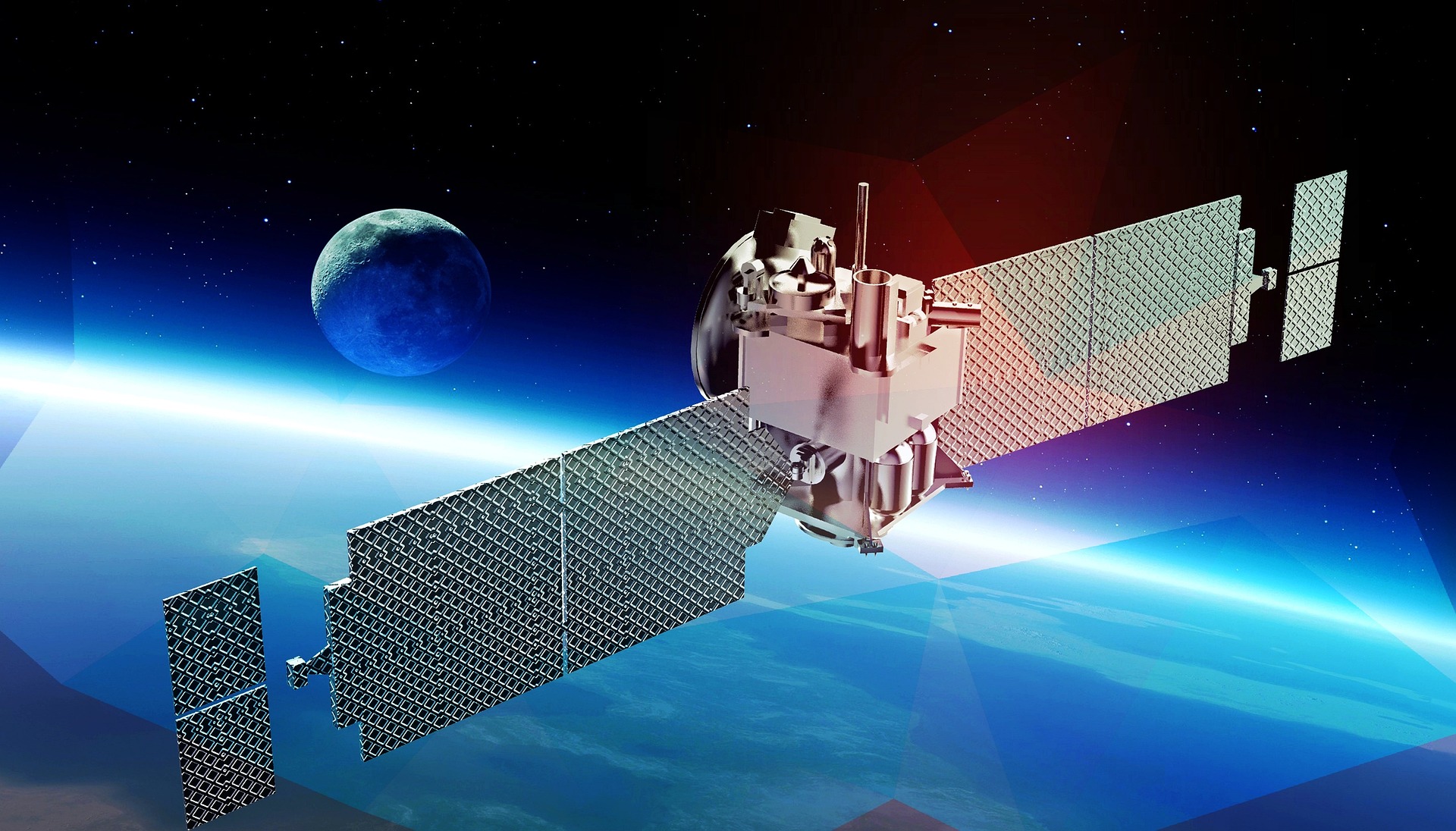Title: Exploring the Legal Dimensions of Space Mining
The final frontier is no longer just a realm of scientific exploration; it's becoming a new legal battleground. As private companies and nations set their sights on extracting valuable resources from celestial bodies, the need for comprehensive space mining laws has never been more pressing. This article delves into the complex legal landscape of space mining, examining current regulations, international debates, and the potential ramifications for Earth's economy and geopolitics.
The Outer Space Treaty: A Foundation for Space Law
The 1967 Outer Space Treaty serves as the cornerstone of international space law. Ratified by over 100 countries, it establishes key principles for the exploration and use of outer space. However, the treaty’s broad language leaves room for interpretation when it comes to space mining. While it prohibits national appropriation of celestial bodies, it doesn’t explicitly address the extraction and ownership of space resources by private entities.
National Legislation: Pioneering Space Mining Laws
In response to the legal ambiguity surrounding space mining, some countries have taken matters into their own hands. The United States passed the Commercial Space Launch Competitiveness Act in 2015, granting U.S. citizens the right to own and sell space resources they extract. Luxembourg followed suit in 2017 with its own space mining law, aiming to position itself as a hub for space resource companies. These national legislations have sparked debates about their compatibility with international space law and the potential for a new space race.
International Debates and the Role of the UN
The emergence of national space mining laws has ignited heated discussions within the international community. Many countries, particularly those without advanced space programs, argue that space resources should be considered the common heritage of mankind. They fear that unilateral actions by space-faring nations could lead to the exploitation of celestial bodies without fair benefit-sharing. The United Nations Committee on the Peaceful Uses of Outer Space (COPUOS) has become a key forum for these debates, as nations work towards establishing a more comprehensive international framework for space resource utilization.
Environmental and Ethical Considerations
As the legal framework for space mining evolves, environmental and ethical concerns are coming to the forefront. Critics argue that unregulated space mining could lead to the destruction of scientifically valuable sites, contamination of celestial bodies, and the creation of dangerous space debris. Additionally, questions arise about the rights of future generations and the preservation of space environments. These concerns highlight the need for robust environmental protections and ethical guidelines in any future space mining regulations.
Economic Implications and Terrestrial Impact
The potential economic impact of space mining is staggering. Access to abundant space resources could disrupt terrestrial mining industries, alter global supply chains, and create new power dynamics in the international arena. Legal experts are grappling with questions of how to integrate space-derived resources into existing economic systems and how to ensure fair competition between space mining companies and traditional resource industries. The development of space mining laws will play a crucial role in shaping these economic outcomes and their effects on global markets.
The Road Ahead: Crafting a Comprehensive Legal Framework
As space mining moves from concept to reality, the need for a clear, comprehensive, and internationally accepted legal framework becomes increasingly urgent. Future regulations must balance the interests of space-faring nations and private companies with the principles of equitable access and benefit-sharing. They must also address environmental protections, establish mechanisms for dispute resolution, and create guidelines for the responsible development of space resources. The evolution of space mining laws will not only shape the future of space exploration but also have profound implications for international relations, global economics, and the sustainable use of resources beyond Earth.






